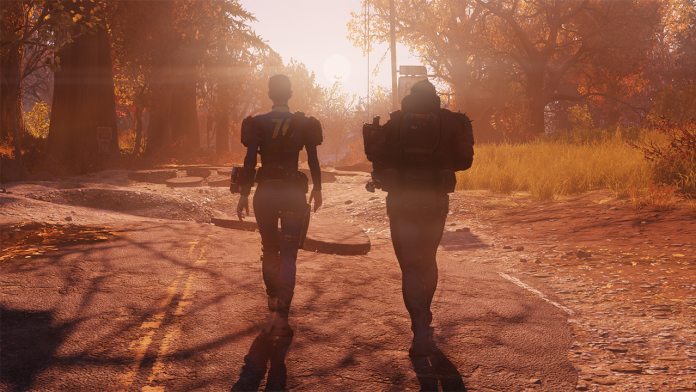Microsoft's $7.5 billion acquisition of ZeniMax media brings Bethesda Softworks under the umbrella of Microsoft Game Studios. This means Microsoft now controls major franchises like Elder Scrolls and Fallout. However, the company says it won't take a strict exclusivity path with future Bethesda releases.
Exclusivity is an important aspect of the console gaming market. Companies use exclusive titles to attract gamers to their platform. In other words, the customer knows they can only get some titles on one console. Nintendo has always thrived on this model, but Microsoft and Sony as increasingly doing the same.
Microsoft already has some of the biggest franchises under its wing, such as Halo, Forza, Gears of War, and Fable. However, Microsoft does not demand exclusivity from all the game studios it owns. Minecraft is an example of a Microsoft-owned title that is available across platforms.
Following Microsoft's announcement of the ZeniMax acquisition, how the company would handle exclusivity was an obvious question. Certainly, it would make some sense for Microsoft to use the largest ever videogame transaction to control more IP's.
When it comes to Bethesda games, the company says it will take a case-by-case approach. Speaking to Bloomberg, Microsoft CEO Satya Nadella and Xbox chief Phil Spencer detailed the following approach:
- Bethesda games that have a timed exclusivity deal with Sony, those deals will remain in place.
- Future games releases will be handled on a case-by-case basis.
“We'll take other consoles on a case-by-case basis,” Spencer said.
Nadella said exclusivity of Bethesda games on Xbox is not a forgone conclusion. “When we think about strategy whether it's in gaming or any other part of Microsoft, each layer has to stand on its own for what it brings. When we talk about our content we want our content to be broadly available.”






